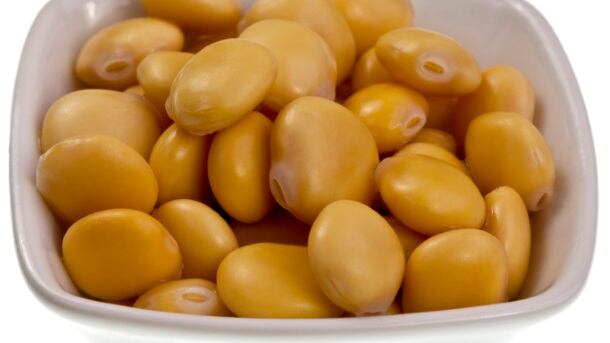Grain-free flours based on ingredients such as lentils, peas, soybeans, nuts and lupines (see box-out) are tapping into health trends including demand for higher-protein products, market analysts Mintel report. The growth of grain-free comes as data shows sales of packaged bread and baked goods through retail channels have fallen 18% since 2008.
Almost a quarter (23%) of all German flour launches in 2015 were grain-free, found Mintel, compared with only 10% of in 2014.
Significant opportunity
Mintel said grain-free presented a “significant opportunity” at a time when the German bread market – the second largest in Europe after the UK – is in long-term decline.
According to Mintel forecasts, German consumption of packaged bread and bread products bought through retail channels has fallen from an average of 14.2 kg per person in 2008 to 11.7 kg in 2015, while retail market value is tipped to fall from €2.04bn ($2.21bn) in 2014 €1.99bn ($2.16bn) in 2018.
“The growing gluten-free market and rising health awareness among consumers is laying the foundation for grain-free innovation,” said Mintel senior food & drink analyst Katya Witham, adding that grain-free products accounted for 9% of bread and bakery launches in 2015 versus 6% in 2011.
“As grain-free flour has a considerably higher protein content than wheat flour, this could be a key attribute for this claim to appeal to consumers following a high protein and low carbohydrate diet, she said.
A quarter of Germans polled by Mintel said they were incorporating more protein into their diets versus a year ago, a figure that rose to 42% among 16 to 24-year-olds. Meanwhile, one in five claimed they were reducing their consumption of carbohydrates.
Lupine - a growth ingredient in grain-free flour?

Lupine flour is growing in popularity in Germany as manufacturers respond to demand for plant-derived foods and novel protein sources, found Mintel.
Germany has been particularly keen to embrace lupine - of all bakery launches using lupine flour in 2015, 22% were in Germany, followed by France (21%) and Italy (11%).
“Popular in some Mediterranean cuisines, the lupine plant is a legume that produces seeds high in fiber and protein,” said Mintel senior food & drink analyst Katya Witham, adding that it is lower in carbohydrates than some legumes.
“Lupine legumes are also rich in essential amino acids and minerals, which makes them not just gluten-free, but also nutritious and easily digestible,” she said.
Lupine does carry a risk of allergic reaction, however, and is one of the 14 allergens that have to be declared as an ingredient on products under the EU Food Information Regulation that came into force in December 2014.
